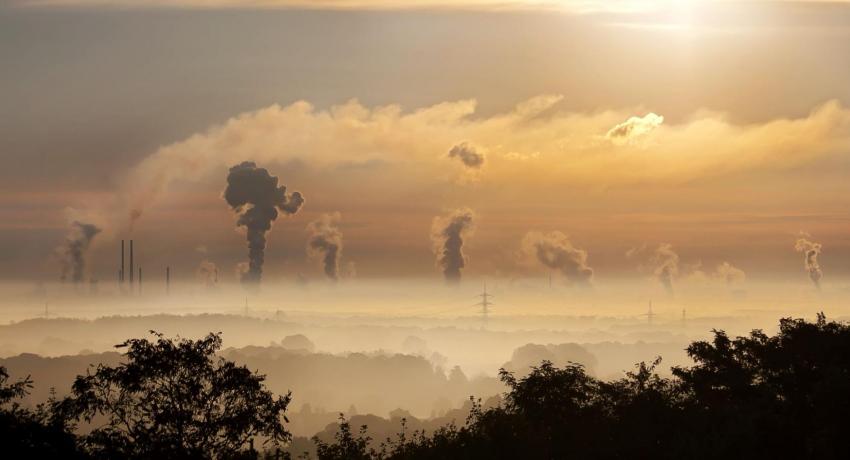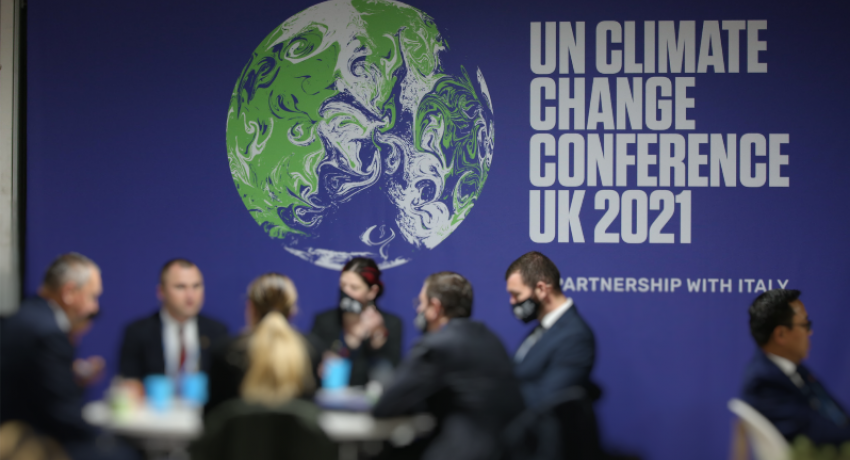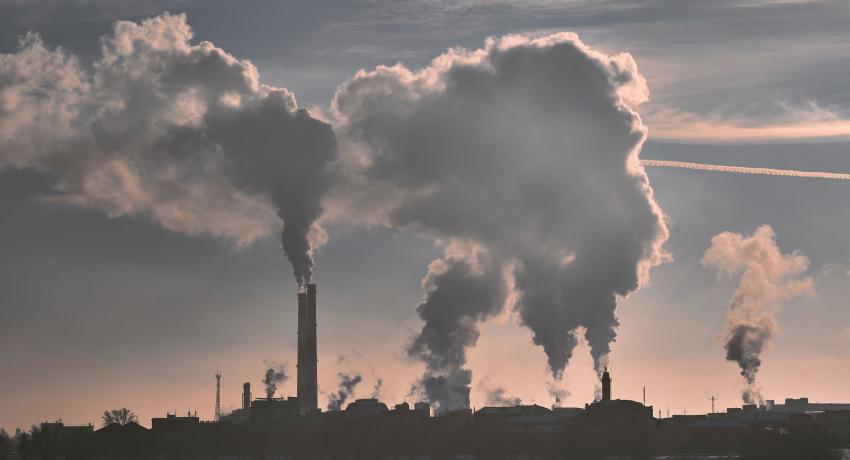Climate Classroom Shared Socioeconomic Pathways SSPs
The evolution of climate change depends on the development of our society, demographics and economics over the next decades. Limiting global warming to below 2°C compared to pre-industrial levels, or preferably to 1.5°C as it is established in the Paris Agreement, would only be possible if we stop emitting greenhouse gases as soon as possible. On the current trajectories, the world is set to warm by around 2.5°C by 2100, and continue upwards thereafter.




